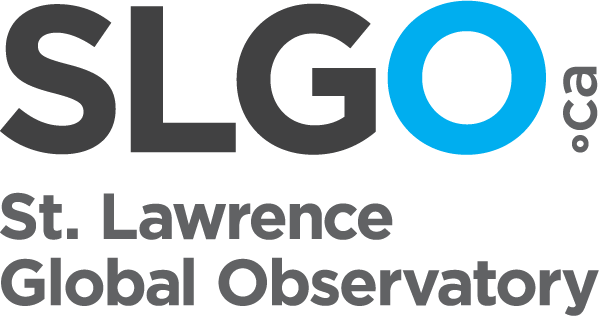This dataset contains the complete expedition report, the expedition map as well as a list of stations and sampling types. The 2015 Expedition Report describes the scientific expedition carried out in the Canadian Arctic between April 17 and November 1, 2015. The report is a collection of all the participating research teams’ Cruise reports assembled by the Chief Scientists at the end of LEG 1, LEG 2, LEG 3 and LEG 4 of the 2015 CCGS Amundsen summer expedition . The 2015 Expedition Report is divided into two parts:
Part I provides an overview of the expedition, the ship track and the stations visited, and a synopsis of operations conducted during each of the three LEGs.
Part II contains the reports submitted by participating science teams or researchers, with details on the specific objectives of their project, the field operations conducted and methodology used, and in some cases, preliminary results. When results are presented, they show the data as they were submitted at the end of the legs in 2015. The data presented in the report are illustrative only and have not been quality checked, thus parties interested in the results should contact the project leader or the researchers who collected the data or the data. The sections in Part II describing each project are organized with atmospheric, surface, ocean and sea ice components, followed by water column properties, which include the mooring program, CTD-Rosette operations and physical properties, as well as a suite of chemical and biological parameters. The last sections present contaminants cycling in seawater and biota, seabed mapping, sediments and benthos sampling, and ROV (Remotely Operated Vehicle) operations.
The 2015 Expedition Report includes four appendices: 1) the list of stations sampled, 2) the scientific log of activities conducted, 3) a copy of the CTD logbook and 4) the list of participants on board during each LEG.
The core oceanographic data generated by the CTD-Rosette operations, as well as meteorological information (AVOS : Automated Voluntary Observing Ship; Environnement Canada) and data collected using the Moving Vessel Profiler (MVP), the ship-mounted current meter (SM-ADCP) and the thermosalinograph (TSG) are available in the Polar Data Catalogue (PDC)
It is possible to consult an interactive map including all the years of expeditions and the different trajectories (LEG) associated with them.
 10.26071/ogsl-59862727-43a7
10.26071/ogsl-59862727-43a7


